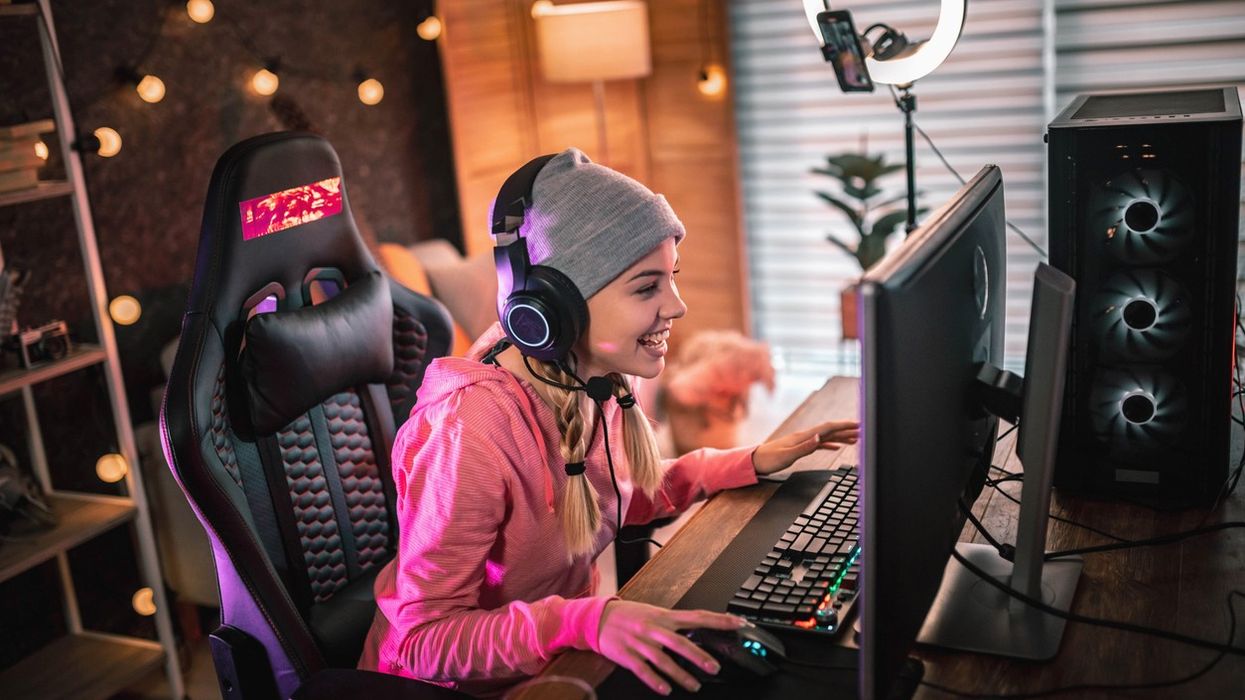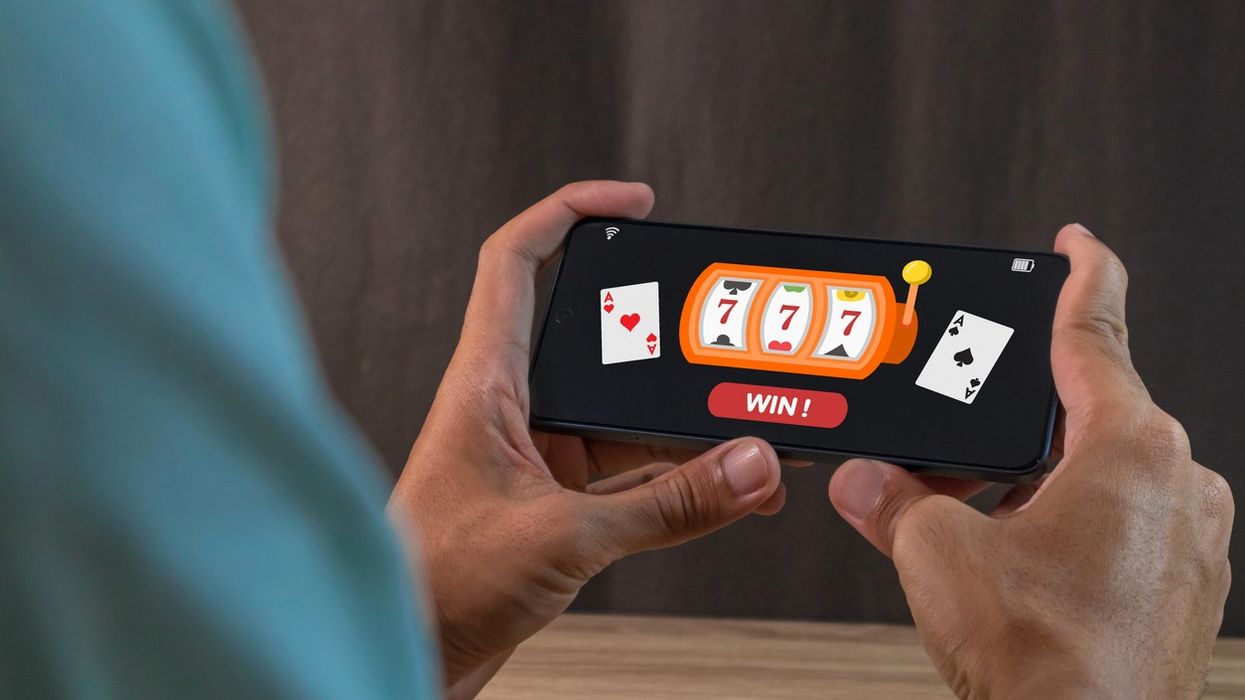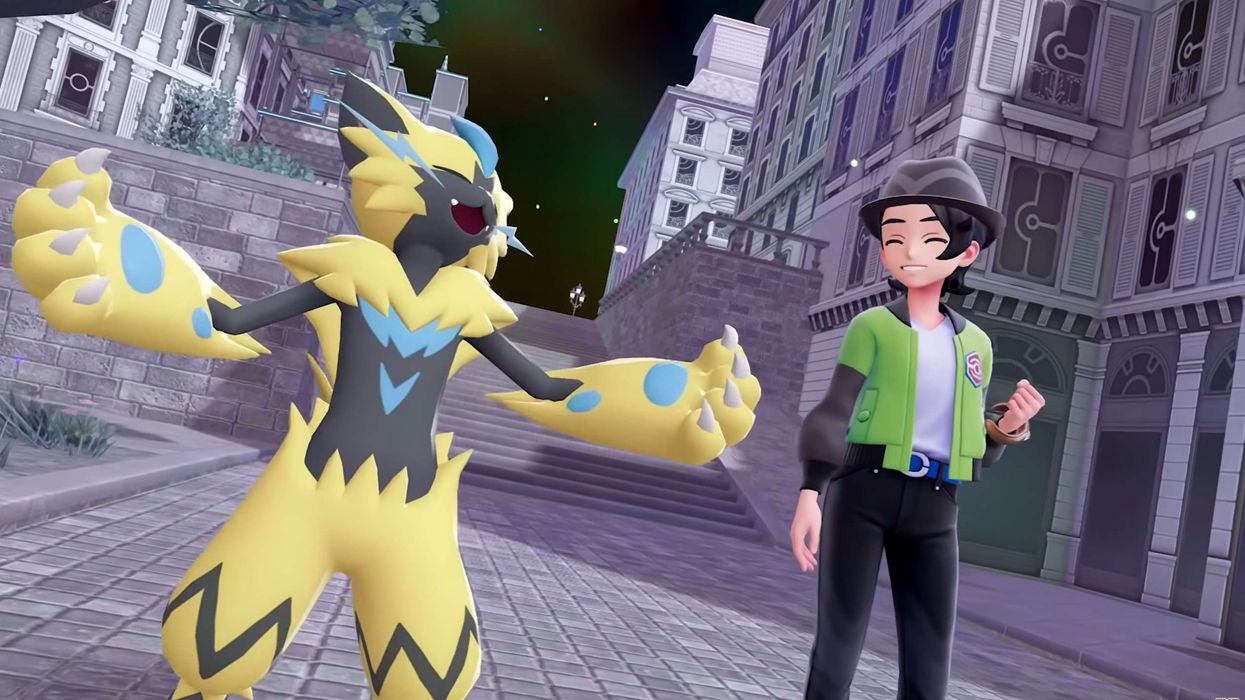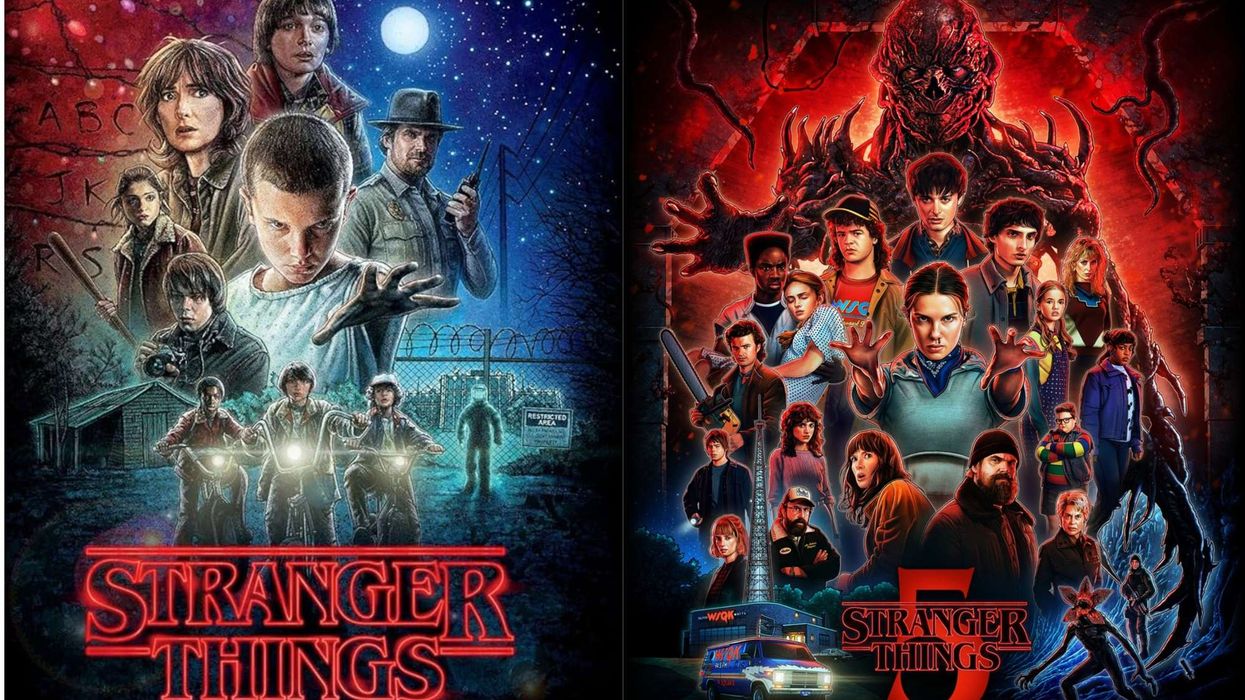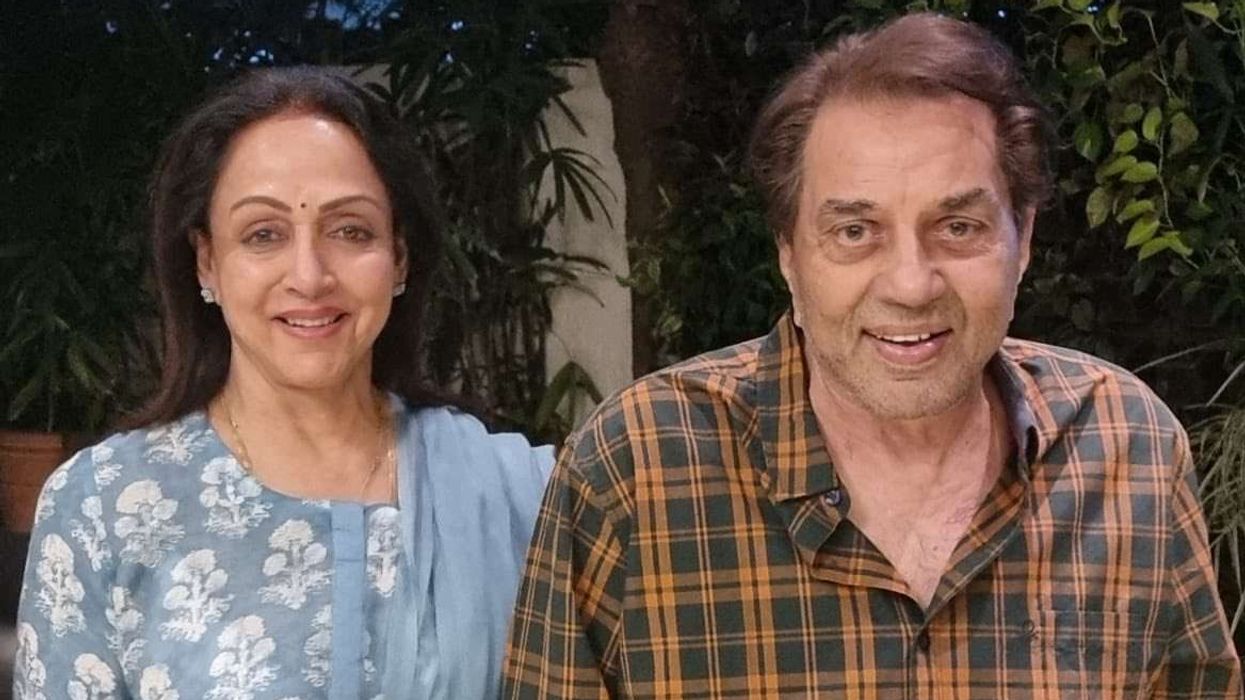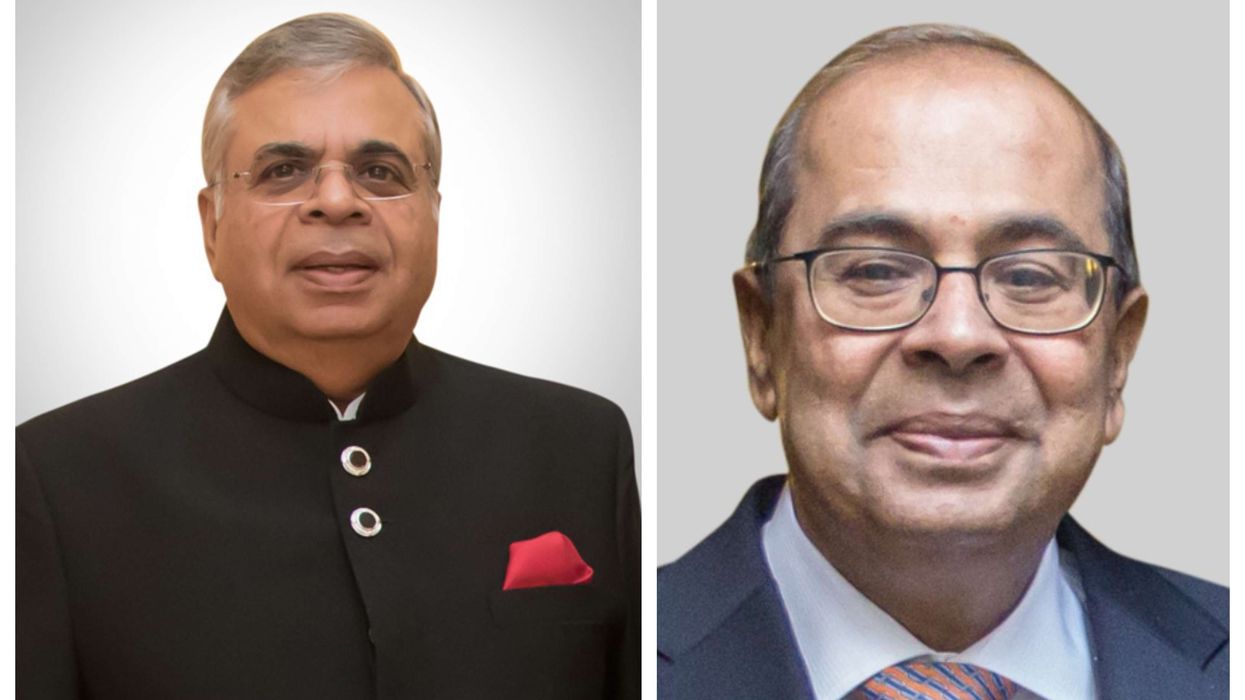Highlights:
- Female gamers are increasingly challenging stereotypes in the industry.
- Streamer Alyska, with nearly 600,000 followers, plays horror and action titles live.
- Women now make up around half of all gamers in the UK.
- Communities like Black Girl Gamers are creating safe, inclusive spaces.
- The industry is shifting towards more complex female characters in games.
Breaking gaming stereotypes
Video game streamer Alyce Rocha, known online as Alyska, is helping reshape perceptions of women in gaming. Broadcasting to an audience of more than 585,000 followers across platforms, she has turned streaming into her full-time career.
While women are often associated with puzzle and life-simulation titles such as The Sims or Animal Crossing—sometimes grouped under the label “cosy gaming”—Rocha prefers role-playing, action, fantasy and horror games.
“I used to hate horror games,” she told BBC Woman’s Hour. “But my audience loved to see me suffer, so I played more and more, and now I love them.”
A growing presence
According to the UK games industry census, women now make up about half of all gamers. However, the streaming sector still skews heavily male. Rocha has seen female viewership in her own audience climb to around 10%—a small but notable rise.
She says part of her role is proving that women enjoy more than just “cosy” genres. “I’ve been gaming since I was a child. Back then, I didn’t know any other girls who played games. Now it’s easy to find communities and female streamers to connect with.”
The business of streaming
Behind the glamour of streaming lies a demanding workload. Rocha streams six hours a day, seven days a week—recently scaled back from 12-hour sessions—while also handling administrative tasks.
Her income comes from platform subscriptions, advertising revenue and brand partnerships. Yet companies like Twitch take a significant share, with the platform keeping half of standard broadcast earnings.
The pressure reflects the booming global industry: video games now generate more revenue than music, TV and film combined, with UK revenue projected to hit £13.7 billion this year.
Changing representation in games
As more women assert their place in gaming, the industry is evolving too. Overly sexualised female characters are being replaced by more nuanced portrayals.
Titles such as The Last of Us Part II feature layered female leads like Ellie, while narrative-driven games including Life is Strange explore themes of identity, body image and adolescence. Writers such as Halley Gross have helped shape these more authentic representations.
Communities for women gamers
Alongside high-profile streamers, grassroots communities are growing. Black Girl Gamers, founded in 2015, has expanded into a global network of over 10,000 members.
For many, the group offers friendship, solidarity and an escape from everyday pressures. “It’s a whole universe of people who just get it,” member Deanne said. “It gives you a calmer mindset.”
The network also provides a buffer against the toxic side of gaming culture. Members share experiences of misogynistic or racist abuse in online lobbies, with some opting to mute interactions, while others confront offenders directly. A private Discord “venting channel” allows women to share frustrations safely.
More than a hobby
For players like Rocha and groups like Black Girl Gamers, gaming is more than entertainment—it is a source of connection, empowerment and emotional support.
As a community member, Iesha explained: “Gaming has helped me through tough times, including family loss and grief. Some games let you experience emotions in gentle ways, and sharing that journey makes all the difference.”
